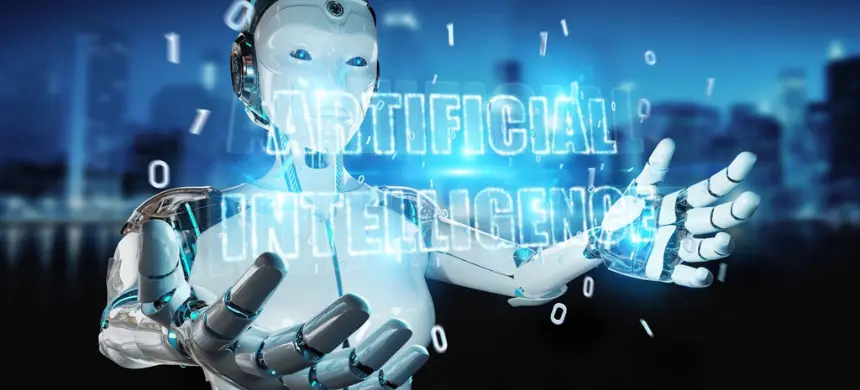A panel of approximately 40 experts in technology, law, and data protection, established by UN Secretary-General Antonio Guterres in October, has issued a report expressing concern over the absence of a global governance framework for Artificial Intelligence (AI). However, the panel refrained from recommending the formation of a powerful international body to oversee AI development and deployment, despite growing fears around biases, misuse, and dependency.
The report, published just days before the high-profile “Summit of the Future,” highlights the lack of global governance for AI and the marginalization of developing countries in key discussions about the technology’s future. Out of the UN’s 193 member states, only seven are engaged in major AI initiatives, while 118, mostly from the Global South, are completely excluded.
Global Governance Deficit in AI Raises Alarms
“There is, today, a global governance deficit with respect to AI,” the experts cautioned in their report, stressing the cross-border nature of the technology. UN Secretary-General Guterres echoed these concerns, stating, “AI must serve humanity equitably and safely. Left unchecked, the dangers posed by artificial intelligence could have serious implications for democracy, peace, and stability.”
Read More: Apple iOS 18 Launch: Eligible Devices and Exciting New Features
Against this backdrop, the panel urged UN members to establish mechanisms that promote global cooperation and prevent the uncontrolled spread of AI. They emphasized that the development and use of such transformative technology cannot be left solely to market forces.
Proposal for AI Expert Group Modeled on IPCC
The report proposed the creation of a panel of scientific experts on AI, modeled after the Intergovernmental Panel on Climate Change (IPCC). This group would provide guidance on emerging risks, identify research priorities, and explore how AI could be leveraged to tackle issues like hunger, poverty, and gender inequality.
This recommendation is part of the draft Global Digital Compact, which is set for adoption at the “Summit of the Future.” The report also suggested establishing a “light-touch” coordination structure within the UN secretariat but stopped short of advocating for a robust international governance body similar to the International Atomic Energy Agency (IAEA).
The panel acknowledged that as AI technologies evolve rapidly, it might become necessary to consider a more robust international body with monitoring, reporting, and enforcement capabilities. The authors cautioned that given the swift and unpredictable nature of AI, waiting for risks to materialize could render responses ineffective.
The report identified several key risks, including the spread of disinformation, the rise of hyper-realistic deepfakes—especially pornographic ones—and the potential misuse of AI by criminal and terrorist organizations. It warned that the speed, autonomy, and opacity of AI systems could lead to a scenario where responses to threats may come too late. The report called for continuous scientific assessment and policy dialogue to ensure the world remains prepared for AI-related challenges.











